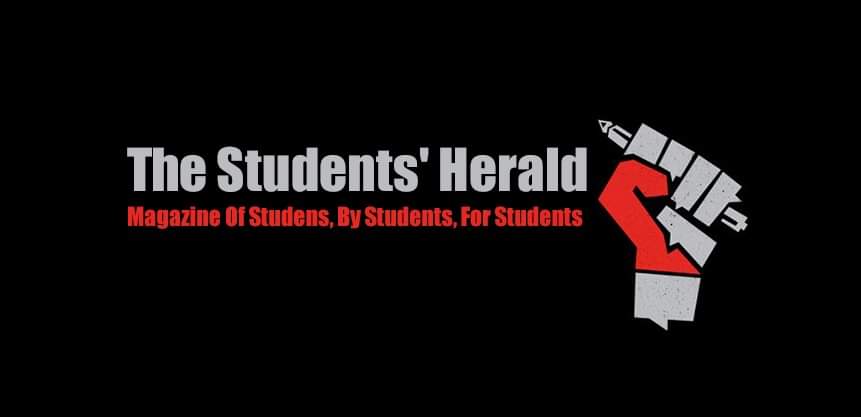People who study at public sector universities come from low-income families and often do not have internet facilities in their towns, writes Usama Malick
Following the Higher Education Commission’s (HEC) orders, universities across Pakistan began conducting online classes on March 24 to mitigate the educational loss students were likely to bear during these dark times caused by the COVID-19 pandemic.
The idea of online classes has been successful in advanced economies, but in the case of Pakistan, this policy is and has proven to be a complete flop. Students enrolled in public universities are already from poor sections of the society and come from remote areas where access to the internet is not available.
Imran Khan—a student at a public university in Lahore — told me that back in his locality in Swat, there was exceptionally poor quality internet and it took more than two hours to download a single 30 to 40 MB audio lecture files.
Another female student hailing from Turbat, getting her master’s degree from the University of the Punjab (PU) complained about the lack of monetary resources for buying high definition camera phones as she didn’t have one. These peripheral areas and their dwellers are do not have basic amenities such as gas, electricity, hospitals, schools and much more. Internet facilities seem like a far-fetched dream.
People who study at public sector universities come from low income families. Moreover, due to massive layoffs caused by the COVID-19 pandemic, many people do not have resources to provide food on the table. If students from such backgrounds are required to activate expensive internet packages to keep up with the online learning, how they will survive? To top it off all, there are approximately 36 percent internet users in our country and not everyone gets the same quality of internet. Students in small towns hardly have access to 2G services, so there ends the concept of online classes. Just try to imagine how helpless students must be feeling.
Many well-known universities have now cancelled their online classes and suspended all other educational activities till June 1, 2020 and declared that there would be no summer break this year. Some other universities are still stiff-necked or adamant about not giving up their useless online classes. The former’s pronouncement has been quite welcomed in student circles and I hope that better sense will also prevail among remaining institutions and they will and must follow the suit.


